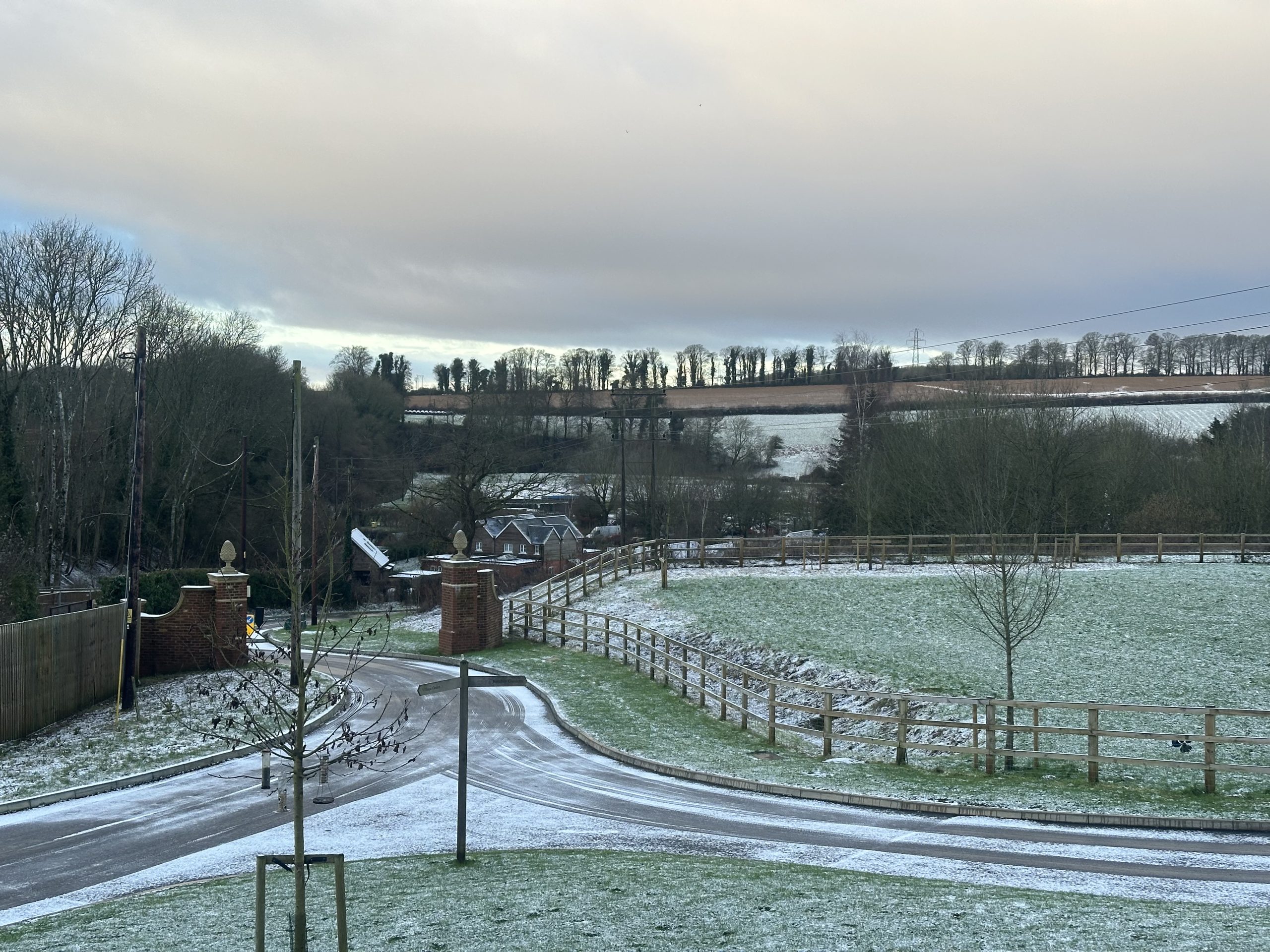What Happens If the Gulf Stream Collapses?
Posted on January 8, 2025
What is the Gulf Stream? Well, it’s that warm Atlantic current we’ve been taking for granted since the last Ice Age, is the backbone of Europe’s relatively cushy climate. It’s why London is rainy instead of buried in snowdrifts, why Paris in December feels romantic instead of post-apocalyptic, and why Southern Spain isn’t already a barren wasteland. But if the Gulf Stream collapses—and it’s wobbling like a pissed up uncle at a wedding—Europe is in for quite a shock.
Europe’s Ice Age: Coming Soon to a Winter Near You
For starters, Europe would start freezing. And not the charming “cosy up with a mulled wine by the fire” kind of freezing. This would be a full-on, glacial assault. Without the Gulf Stream delivering warm water from the tropics, average temperatures across Europe would plummet, turning the UK into something resembling Siberia. If you look on the map and wonder why we aren’t as cold as cities such as Kiev, Tallinn and Riga, it’s the Gulf Stream that saves us.
In Southern Europe, it’s the opposite problem. The Mediterranean could become a climate disaster zone of prolonged droughts and blistering heat waves. Forget lush olive groves and postcard-perfect vineyards; think arid deserts and a distinct lack of Chianti. Meanwhile, agriculture would take a nosedive across the continent, leaving Europeans scrambling for bread that isn’t imported from somewhere that still has crops.
The Floodgates Open: Coastal Europe’s Soggy Future
As if freezing winters and summer droughts weren’t enough, collapsing the Gulf Stream would unleash biblical floods along Europe’s Atlantic coast. Rising seas (because, of course, Greenland is melting) combined with the Gulf Stream no longer dragging water away would leave cities like Amsterdam, Hamburg, and Venice grappling with their new roles as underwater attractions.
You might think, “Surely, Europe can handle a bit of water.” Well, not this much water. This isn’t a case of sticking a few extra sandbags on the dykes; it’s entire coastal regions being turned into one long, soggy Atlantis reenactment. And unlike in the myth, there’s no escaping to dry land—because everyone’s got their own problems now.
Hurricanes, Heat Waves, and Hysteria: The Ripple Effects
It’s not just Europe that gets hammered. When the Gulf Stream collapses, global weather patterns break like a Dunelm computer desk. Without the Gulf Stream balancing heat, hurricanes in the Atlantic become turbocharged, slamming into the Americas with all the subtlety of an audience at Viagra Boys gig.
Meanwhile, Africa and South America will see droughts and monsoons go into overdrive, sparking food shortages and mass migrations. Europe, already grappling with its own climate crises, would become a focal point for environmental refugees. Politicians will scramble for solutions; the far-right will inevitably blame wind turbines and wokes.
What Are the Odds of This Catastrophe?
The Gulf Stream is already weakening. Scientists have observed a 15% slowdown since the 1950s, and recent studies suggest the system could reach a tipping point by the end of the century. If you’re under 40, this means you could live long enough to see Europe become a cautionary tale on how not to manage climate change. If not, your kids should be able to enjoy the climate roller coaster.
Melting ice from Greenland and freshwater pouring into the North Atlantic are the culprits destabilising the Gulf Stream. This creates a vicious cycle: the warmer the planet gets, the more ice melts, and the closer we inch toward a world where Berlin gets Januarys that rival Antarctica.
Can We Stop It?
Yes, but only if we act quickly and drastically—which is about as un-European as eating dinner before 7 p.m. The continent does have ambitious climate targets, but hitting them requires overcoming red tape, political squabbles, and an increasing amount populist lunatics who think wind turbines are a Marxist conspiracy.
Massive reductions in carbon emissions are non-negotiable, as is the rapid expansion of renewable energy. Europe loves a good Green Deal, but the question is whether it’ll be fast enough to slam the brakes on the Gulf Stream’s downward spiral. Geoengineering schemes are also on the table, but let’s be honest—entrusting the fate of Europe’s climate to untested science feels a bit like handing the keys to a nuclear reactor to someone who just Googled “how to stop climate change.”
The Final Forecast for Europe
If the Gulf Stream collapses, Europe gets a front-row seat to a smorgasbord of climate disasters: frozen winters, sweltering summers, drowned coastlines, and agricultural collapse. Think “Game of Thrones,” but without dragons to keep it interesting.
Can it be avoided? Technically, yes. But it depends on whether the world can put its bickering aside and focus on meaningful action. So while you’re enjoying that Danish hygge or Italian espresso, spare a thought for the ticking climate time bomb under your feet. Or don’t—it’ll make a great setting for dystopian novels when we’re all living underground.

Got something to say?